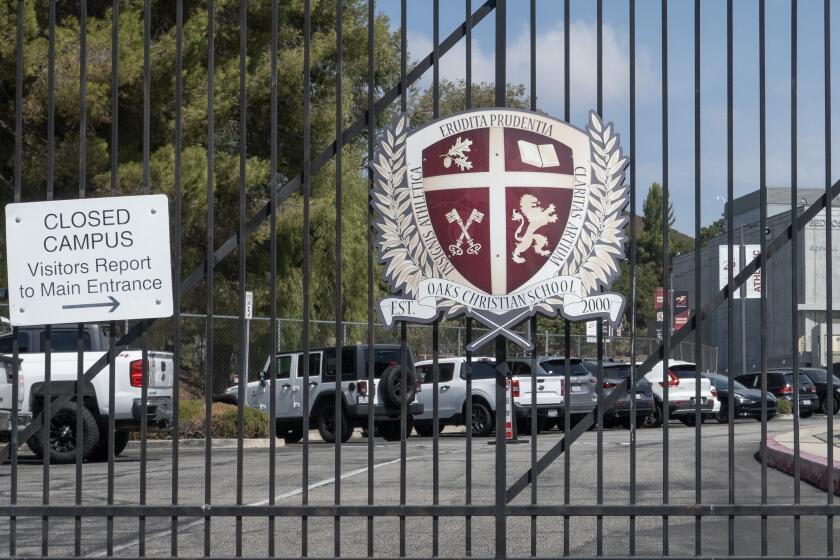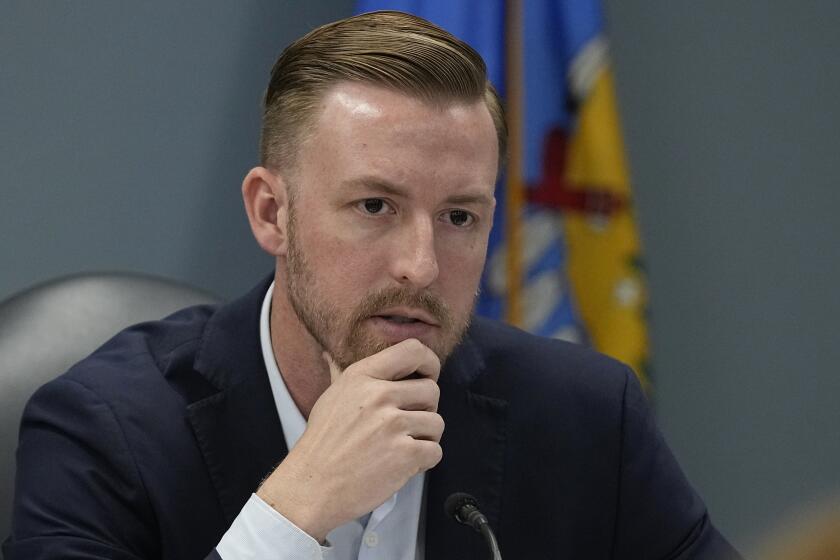Homecoming for Chandra Widodo Prajitno Koesoemodiprodjo
It was 14 years ago this month that Chandra Widodo Prajitno Koesoemodiprodjo came into our lives and changed them forever.
His has never been the same, either.
Chandra, or C.W. as we called him (he never did understand the great sense of accomplishment felt by those who mastered his last name), was a tall, gangling 18-year-old who had never been far from the very protective arms of his mother in Bogor on the island of Java.
A month earlier, we had answered the urgent appeal of the headmaster at our son’s school. Another family had been forced to back out of an agreement to take an AFS student for a year and the paper process was irretrievably churning along somewhere. There was the distinct possibility that a foreign student would be traveling a long way to nowhere.
Our only real concern in volunteering was that exchange students are normally placed in a home that has a child the same age. Our son was only 12, so we sought the counsel of the then-current AFS student, a rake from Costa Rica who was the teddy bear of every teen-age girl within a six-mile radius--and the nightmare of every one of their fathers who had ever seen a Fernando Lamas film.
He said he would rather have been placed in a home with a younger or older child, that he thought it was asking a lot of any American high school senior to share the biggest year of his life with an exotic visitor guaranteed everything from local press to a special spot in the school yearbook.
So we filled out the papers, went through all the interviews, painted the spare room, read up on Indonesia and Islam--and worried that we’d made a terrible, terrible mistake.
That fear became a conviction when he arrived two weeks earlier than expected. He was terrified and so were we.
He spoke almost no English, even though the information packet provided by AFS said he was proficient in the language (our suspicions had been aroused, but only mildly, by the letter of recommendation from his English teacher that said he “shoes grait interest in meny tings”).
We, of course, spoke no Indonesian. Our son was away at camp and we seemed incapable of breaking the ice alone. Chandra sat in his room and furiously wrote in his dairy. (“I want to go home. This place is awful.” Things like that, we later learned.)
We then made his life even more miserable by sending him off on a two-week-long Explorer Scout trek in the High Sierras. His information packet said he was involved in Scouting, but the temperate highlands of Java are a far cry from the snow-covered Sierras. He lost 15 pounds from his already-spare frame and spent a lot of time on the trip looking for a land bridge back to Asia.
That was the beginning.
Chandra came home last week and brought his bride of two weeks. He may have been more nervous this time than he was in 1975, so anxious was he for family approval. He needn’t have worried; he made a fine choice. My new daughter-in-law is lovely, bright, sweet and, like him, calls me Dad. If all goes well, I should be a grandfather within a few years.
What transpired in that year so long ago that transformed Chandra from a stranger in our midst to a full-fledged, important member of the family?
I’m not sure I know, but it’s a phenomenon experienced by most people who open their homes and hearts to foreign students.
For one thing, we were not alone. AFS and most similar programs have strong support groups for the students and host families.
The students in the area get together once a week to compare notes, talk about their problems and share experiences. So do the host parents and siblings. In addition, each AFS student has what is called a “family friend,” an adult who is available on a confidential basis for any help required.
And sometimes--though not very often--the match isn’t right and the student is placed in a different home.
In our case, Chandra’s attendance at a small private boys’ school was helpful too. There were only about 20 members of the senior class, so we had them all over for a get-acquainted party and served Indonesian food.
We traveled a bit too, before the school term began, hitting nearby cities and tourist attractions.
By the time classes started, we seemed to have settled in. An only child himself, Chandra took particular delight in the antics of a sometimes incorrigible younger brother, and our son was enormously proud when Chandra made the football team.
He was able, soccer-style, to kick 50-yard field goals, and even though he wound up as all-state punter, I’m not sure to this day he understands the rules of the game.
Once, when he was called in with only a few seconds left on the clock to save the game, the coach said to me: “He knew there was a crisis; he just didn’t know what it was.”
The year that began so slowly suddenly picked up speed after Christmas. We all knew the time was nearing for Chandra to return to Indonesia, but we didn’t talk about it.
We just tried to cram as much living and as many experiences as we could, making sure he got to see San Francisco, Big Sur, Mexico, the Grand Canyon.
Then, it was over and we all gathered at the airport to see Chandra and his fellow AFS students off. There were a lot of tears, from both students and families. At some point, Chandra said he was sad, but “I don’t cry.”
Within days, a letter arrived postmarked Kuala Lumpur, Malaysia, in which he confessed that when the plane left Hawaii, he had become inconsolable and that he had cried for hours.
He was not alone.
In the years between, he wrote, we wrote. He called, we called. We exchanged gifts and shared problems. We watched in dismay as cultural tradition delayed his marriage for years; he was equally dismayed when my own marriage fell apart.
We just do all the things families do, including staging some joyous reunions.



